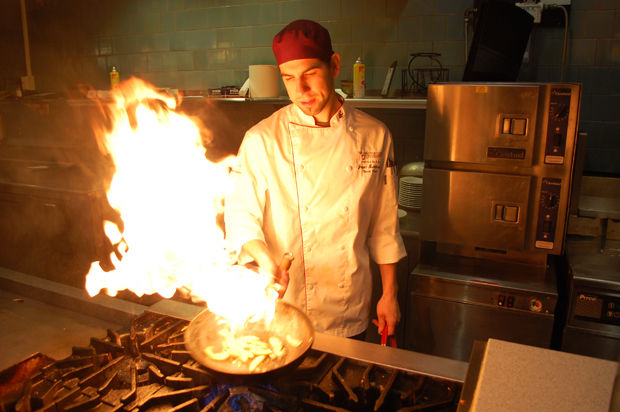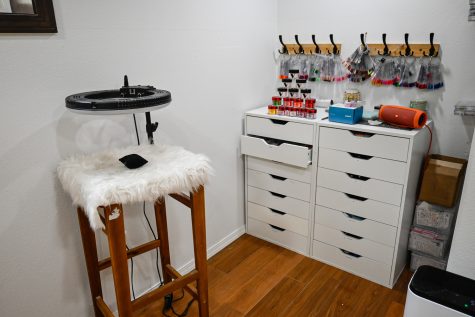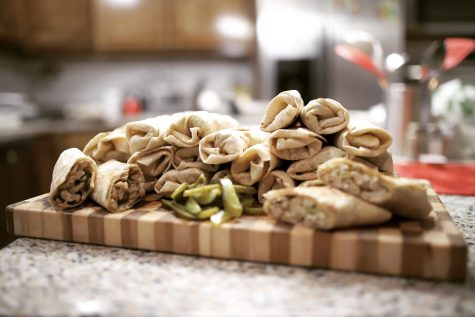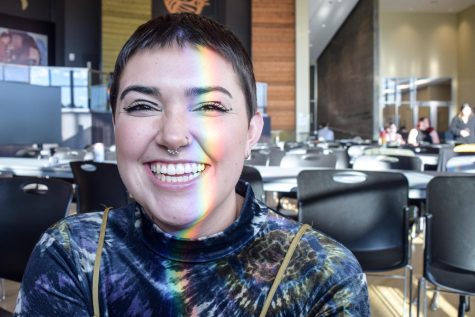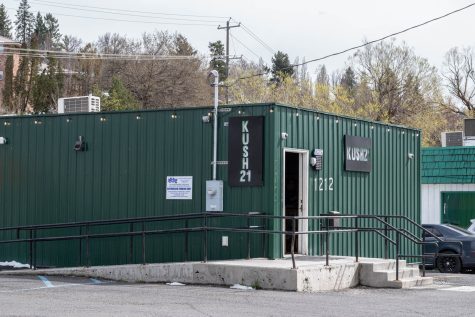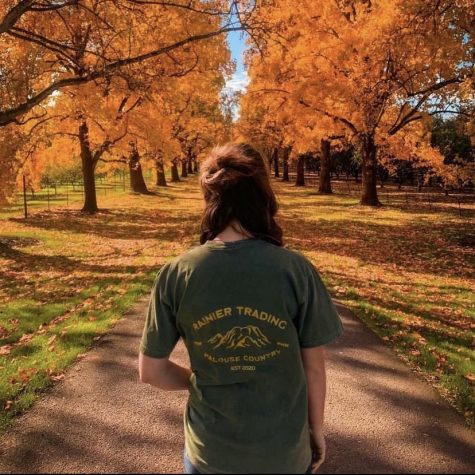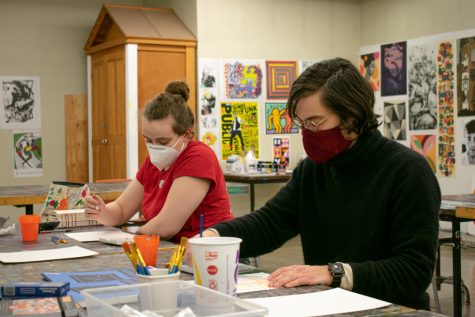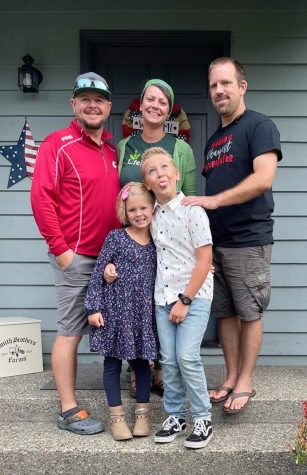Meet the chefs: three flavors of culinary insight
October 22, 2014
Many students and others who frequent WSU’s dining halls only know of the food on their plates, but many don’t know about preparation and chefs behind the counters and tray returns.
“Food is a universal language,” said Jason Butcherite, the sous-chef at Northside Café and WSU alumnus. He said he understands how food serves as a common human link, as a way of connecting a global community of people, much like the diversity of people on campus.
Butcherite said he finds his real fulfillment as a chef comes with always learning something new. There is always something else to be discovered, he said. As a sous-chef, Butcherite deals with the day-to-day food preparation at the Northside dining hall.
Associate Director of Culinary Operations, Corey King, works with more of the bigger picture of the dining services at WSU. King said he oversees how recipes are refined from a cookbook to the plates.
King said he enjoys being a chef because of the emphasis on honing in on creativity and working with local farmers, which drives his passion. As a chef, not being afraid to think outside of the box and experiment is necessary and key, King said.
Although King couldn’t fully describe his passion about cooking, he said that it was best summarized by a Julia Child quote: “Cooking is like love, it should be entered into with abandon or not at all.”
It’s important to love what you’re doing because that is most important, he said.
King said his inspiration for cooking started at age five, when he was the assistant chef in his mother’s kitchen. It was there where he said her passion for cooking had enriched his culinary horizon.
Executive chef at Hillside Café, Jake Cho, earned his culinary degree from Johnson and Wales University, the same university that King attended.
Cho, who was born in Korea, raised in Israel, and has lived in more than four countries, said he has encountered many different types of cultural experiences.
“Cuisine really defines lifestyle of culture,” Cho said.
For King, the cultural aspects of the cuisine depends more on availability and ingredients. The chefs try to aim at closely depicting actual recipes from other cultures, and King said he places high importance on using the right ingredients in the right way.
Cho said he was raised in a family that values hospitality, which he attributed to his love of cooking.
He said the part he loves best about his job is that it differs from a typical restaurant. He is able to serve large numbers of students by pleasing them with different types of cuisine, he said.
King said his favorite part of his job is about being creative with recipes.
“Our ability to work with local farmers prepares and challenges us on a daily basis and allows us to be creative,” King said.
In the kitchen, each chef has a favorite tool. For Cho that tool is an immersion circulator, a machine that stably circulates and heats warm liquid at a correct temperature, which he explained makes kitchen life a lot easier.
Butcherite’s favorite tool is a Robot Coupe, an S-bladed food processor used for efficiently chopping ingredients typically used with a knife.
King said he prefers more basic kitchen equipment.
“Simply, it’s a knife,” King said. He emphasized how powerful a knife is and its importance in the evolution of cooking. It’s where cooking started, he said.
The evolution of cooking has played a significant role in the cuisine the chefs use today, just as how each chef said they have evolved from starting out as a dishwasher in the back of a kitchen to a culinary influence for those who eat at the dining halls.


